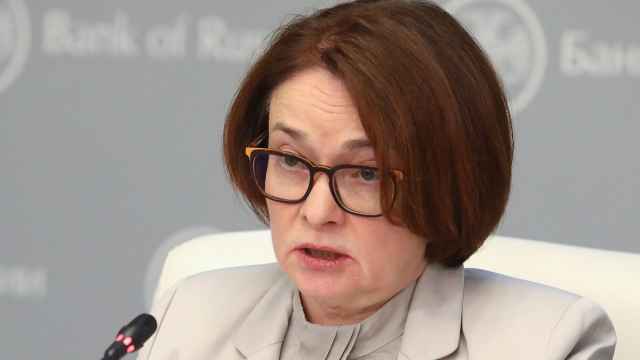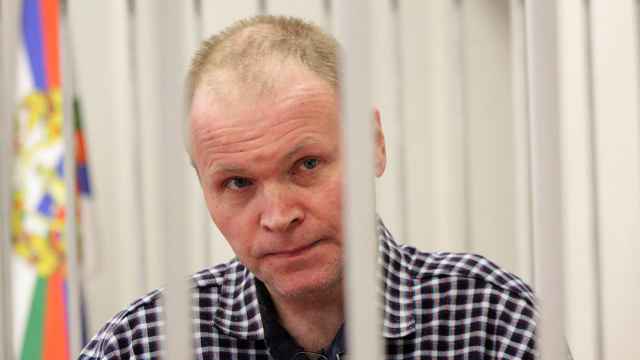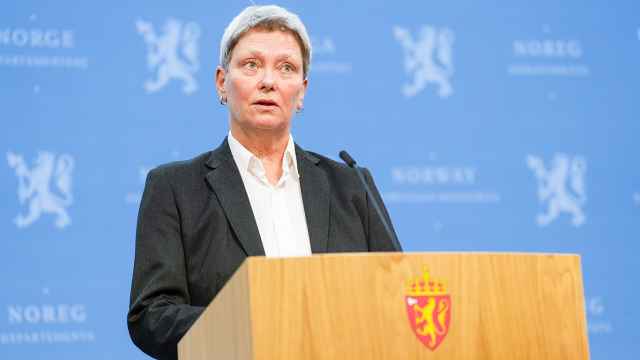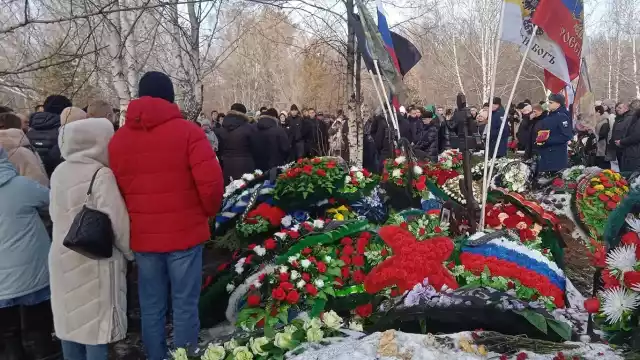The Cabinet is negotiating with the presidential administration over the fate of 130 billion rubles in the coffers of state-owned holding company Rosneftegaz, despite having the authority to settle the matter independently, Deputy Prime Minister Arkady Dvorkovich said Wednesday.
The compromise is the latest twist in a high-profile turf war that has pitted Prime Minister Dmitry Medvedev's Cabinet against the president of oil giant Rosneft and Kremlin heavyweight Igor Sechin.
Medvedev last week approved a proposal put forward by Finance Minister Anton Siluanov to transfer to the budget 95 percent of the 130 billion rubles ($4.2 billion) accumulated by Rosneftegaz from dividends paid out by its 11 percent holding in Gazprom and 75 percent stake in Rosneft.
Sechin, a longtime associate of President Vladimir Putin, has suggested that Rosneftegaz be used as a vehicle to consolidate the power industry, and decrees signed by Putin in May formally enabled the company to take part in the upcoming privatizations of energy companies.
During the Sochi Investment Forum last week, Sechin scheduled a briefing for the same time as Medvedev's address to the conference's plenary session, Vedomosti reported. Sechin proceeded to tell reporters that the Cabinet has the right to distribute government assets as it deems fit, but only "if there is a directive approved by the country's president."
Dvorkovich, who oversees the energy sector in the government, flatly contradicted Sechin on Wednesday and said no such directive was necessary, RIA-Novosti reported.
"About the Rosneftegaz dividends ... they do not demand formal approval by the presidential administration," Dvorkovich told reporters. "But the government is conducting such consultations."
The money taken from Rosneftegaz could be injected into subsidiaries of state development bank VEB and used to invest in the country's Far East, Dvorkovich said.
Stimulating the economies of the Far East was one of Putin's campaign promises, and he has publicly complained that sufficient budget funds were not being allocated for that purpose.
The tense tussle between Sechin and the Cabinet liberals could be resolved in less than a week, when documents are drawn up determining the amount to be transferred out of Rosneftegaz, Dvorkovich said.
But Sechin is unlikely to concede so easily.
Presidential advisor Anton Ustinov sent Dvorkovich a letter earlier this week demanding that he justify the government's plans for the recapitalization of power giant RusHydro, one of the companies in which Rosneftegaz could invest, Vedomosti reported Tuesday. Ustinov is a former aide to Sechin.
Putin is likely to address the question during a meeting of the presidential energy commission in October, Putin's press secretary, Dmitry Peskov, said, Vedomosti reported Monday.
Formed in June, the body provides Sechin with his sole official governmental position. It is chaired by Putin, and Sechin is the secretary.
Related articles:
A Message from The Moscow Times:
Dear readers,
We are facing unprecedented challenges. Russia's Prosecutor General's Office has designated The Moscow Times as an "undesirable" organization, criminalizing our work and putting our staff at risk of prosecution. This follows our earlier unjust labeling as a "foreign agent."
These actions are direct attempts to silence independent journalism in Russia. The authorities claim our work "discredits the decisions of the Russian leadership." We see things differently: we strive to provide accurate, unbiased reporting on Russia.
We, the journalists of The Moscow Times, refuse to be silenced. But to continue our work, we need your help.
Your support, no matter how small, makes a world of difference. If you can, please support us monthly starting from just $2. It's quick to set up, and every contribution makes a significant impact.
By supporting The Moscow Times, you're defending open, independent journalism in the face of repression. Thank you for standing with us.
Remind me later.







